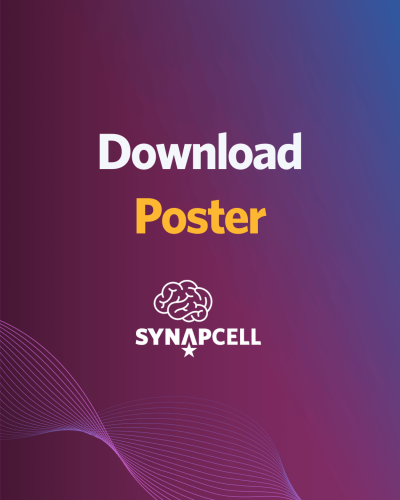Home » Resources / Publications & Posters / Poster: Preclinical Epilepsy - The Amygdala Kindling Model
Epilepsy is a chronic neurological disorder characterized by recurrent spontaneous seizures due to pathological hyper-excitability and sudden abnormal discharges from neurons in a neuronal network. In adults, the most common epileptic syndrome is Temporal Lobe Epilepsy (TLE). Despite the introduction of over 20 new Antiseizure Medications (ASMs) in the past 30 years, Epilepsy remains drug-resistant in 30% of patients. The search for more effective and better tolerated treatments continues. These unmet needs call for a renewed view of drug discovery approaches for Epilepsy, and for optimization of the available animal models used during drug discovery programs to address specific questions.
For ASMs discovery, which requires large numbers of compounds to be screened, animal models should be easy-to-use, time- and cost- efficient, and predictive of clinical activity. However, not all Epilepsy models are equal. It is crucial to choose the right model for each type of Epilepsy.
This study highlights the translational and predictive aspects of the amygdala-kindling model, a potential asset for the characterization of new treatment entities with improved tolerability and efficacy.
– This poster will be presented at the AES 2024 conference and will be available for download after the event. Thank you for your understanding –

